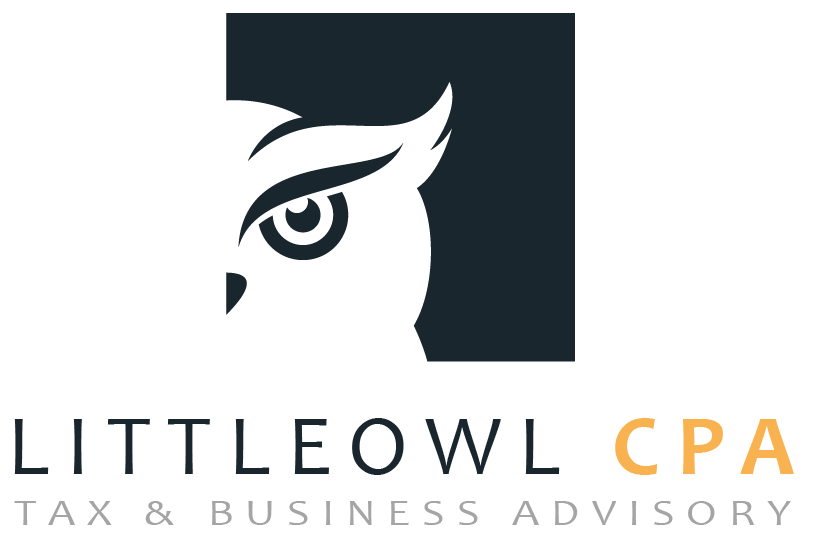Choosing the right business structure is a critical decision for small business owners. The business structure you select will impact your legal and financial responsibilities, taxation, personal liability, and operational flexibility. It’s important to understand the different types of business structures available and evaluate them based on your specific needs and goals. In this comprehensive guide, we will explore various business structures and provide insights to help you choose the right one for your small business.
Sole Proprietorship
A sole proprietorship is the simplest and most common form of business structure. As a sole proprietor, you have complete control over your business and its operations. Key considerations for a sole proprietorship include:
- Liability: You are personally liable for all debts and legal obligations of the business.
- Taxes: Business profits and losses are reported on your personal tax return, and you pay self-employment taxes.
- Flexibility: You have the freedom to make decisions without consulting others, but there may be limited growth potential.
Partnership
Partnerships are formed when two or more individuals share ownership and management of a business. Key considerations for a partnership include:
- Liability: Depending on the partnership type, partners may have unlimited personal liability or limited liability based on their investment.
- Taxes: Partnerships file an informational tax return, but individual partners report their share of profits and losses on their personal tax returns.
- Shared Decision-Making: Partners share the decision-making responsibilities and contribute their expertise and resources.
Limited Liability Company (LLC)
An LLC combines the liability protection of a corporation with the flexibility and tax benefits of a partnership. Key considerations for an LLC include:
- Liability Protection: Owners’ personal assets are generally protected from business liabilities.
- Taxes: LLCs can choose to be taxed as a disregarded entity (sole proprietorship or partnership), an S corporation, or a C corporation, providing flexibility in tax planning.
- Operational Flexibility: LLCs have fewer formalities and administrative requirements compared to corporations.
C Corporation
A C corporation is a separate legal entity from its owners, providing significant liability protection. Key considerations for a C corporation include:
- Liability Protection: Shareholders’ personal assets are typically protected from business liabilities.
- Taxes: C corporations are subject to double taxation, where the corporation pays taxes on profits, and shareholders pay taxes on dividends received.
- Fundraising and Growth Potential: C corporations can issue multiple classes of stock and attract investors, making it an ideal choice for businesses seeking significant growth and external funding.
S Corporation
An S corporation provides liability protection while offering certain tax advantages. Key considerations for an S corporation include:
- Liability Protection: Shareholders’ personal assets are generally protected from business liabilities.
- Taxes: S corporations pass profits and losses through to shareholders, who report them on their personal tax returns, avoiding double taxation.
- Employment Taxes: S corporation profits are not subject to self-employment. S corporation Officers are required to be paid a reasonable wage which is subject to employment taxes.
- Ownership Restrictions: S corporations have restrictions on the number and types of shareholders, limiting eligibility.
Nonprofit Organization
A nonprofit organization is formed to serve a charitable, educational, religious, or other social purpose. Key considerations for a nonprofit organization include:
- Mission-Driven: Nonprofits operate with a primary goal of benefiting the public or a specific cause.
- Tax Benefits: Eligible nonprofits may be exempt from federal income taxes, and donors can receive tax deductions for their contributions.
- Governance and Compliance: Nonprofits must adhere to specific regulations, including financial reporting and transparency requirements.
Choosing the right business structure for your small business is a crucial step in setting a solid foundation for success. Consider the legal and financial implications, liability protection, tax advantages, operational flexibility, and growth potential when evaluating your options. Consult with legal and tax professionals who can provide guidance based on your specific circumstances. Remember, your choice of business structure can be re-evaluated and changed as your business grows and evolves.
If you have questions about how this topic will impact you, Team LittleOwl CPA is here to help. Schedule a discovery call today!

About Tabitha Regan
Tabitha Regan is the Founder and CEO of LittleOwl CPA. She is a Certified Public Accountant, Certified Financial Planner™ and Personal Financial Specialist. In her 16+ year career span, she has developed an expertise in the specific needs of small businesses and busy professionals with accounting, tax and advisory services.


